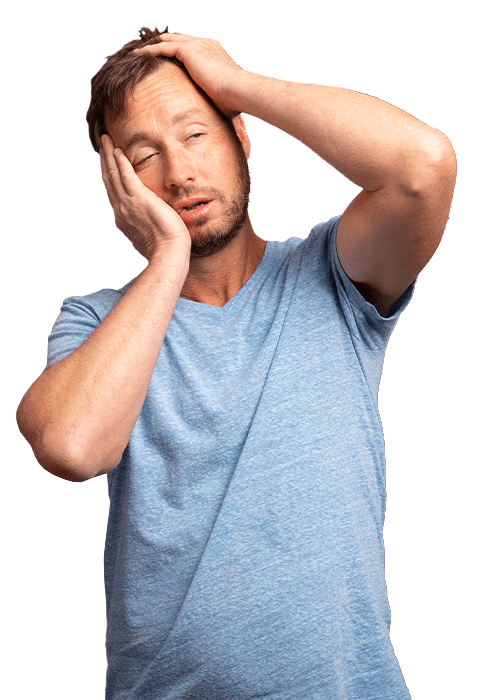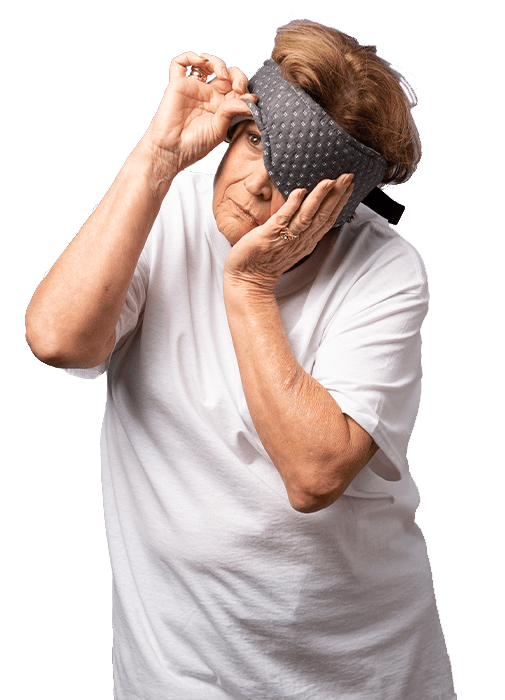Sleep apnea is a condition that causes interruptions in a person’s breathing cycle during sleep. Apnea refers to when you completely stop breathing for 10 seconds or more. On top of causing serious breathing problems, sleep apnea can also cause a person to wake up hundreds of times during the course of the night. This disruption can lead to a number of health problems, including high blood pressure, diabetes and heart disease.
Obstructive sleep apnea (OSA) is the most common form and it occurs when something blocks the airways during sleep. Your own tongue and throat muscles are often the culprit, because they become more relaxed while sleeping. This blockage causes the person to wake up, beginning the cycle of obstructive sleep.


